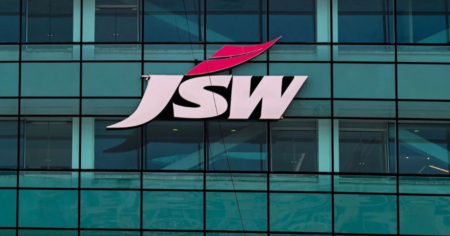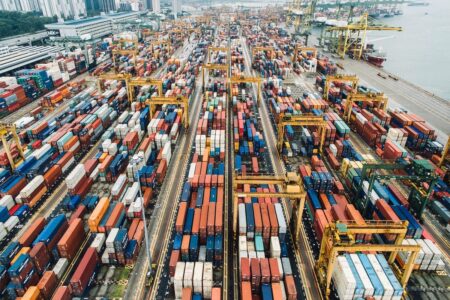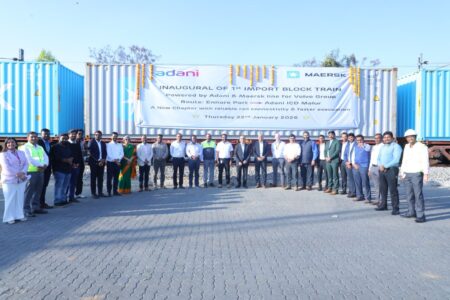Manoj Madhavan, CIO, Blue Dart,elaborates on AI’s pivotal role in logistics, projecting a 40 percent productivity boost by 2035. From inventory optimisation to transparent tracking, AI transforms decision-making processes, revolutionising the industry.

AI’s impact on logistics jobs prompts a shift to advanced skills
The integration of AI in logistics, focusing on predictive analytics and machine learning, is revolutionising the industry, projecting a 40 percent productivity boost by 2035. Machine learning refines inventory management, minimising risks by accurately forecasting demand. AI-powered tracking ensures real-time visibility, enhancing transparency and forecasting precision. Algorithms optimise routes by considering factors like traffic and delivery windows, reducing fuel consumption and delivery times. Last-mile planning, vital in e-commerce, ensures timely deliveries, boosting customer satisfaction. For businesses like ours with significant manpower costs, AI algorithms consider shipment nature, account management, and diverse SOPs for various packages, ensuring timely deliveries through careful consideration of factors like traffic and weather.
Dynamics
AI’s real-time tracking, powered by machine learning, is revolutionising logistics. Automation ensures timely deliveries, reduces errors, and fosters transparency through computer vision and IoT. AI’s agility adapts to disruptions, enhancing operational resilience. Exception handling allows proactive issue resolution, minimising customer dissatisfaction. AI-driven personalised experiences heighten customer satisfaction by elevating operational visibility, streamlining logistics, and offering a seamless, transparent, and customer-centric supply chain. This results in improved satisfaction and loyalty within the dynamic global trade landscape.
Revolution
AI transforms logistics by automating tasks and optimising processes. Warehouse robotics and autonomous trucks drive efficiency, reduce costs, and revolutionise supply chain dynamics. Automated warehouses with AI-powered systems ensure precision, speed, and cost reduction. The industry-wide adoption of AI signifies a paradigm shift towards a more automated, responsive, and competitive logistics landscape, prompting a shift in job roles and necessitating reskilling initiatives.
Smart logistics
AI-driven data collection revolutionises logistics with real-time visibility, predictive analytics, and dynamic optimizations. Employing AI for demand forecasting ensures optimal inventory management, while dynamic route optimisation minimises delivery times and costs. Proactive risk management anticipates disruptions, fostering operational improvement. The key strategy involves human-AI collaboration, combining analytical capabilities for informed decision-making. Embracing these practices enhances decision-making processes and operational efficiencies and revolutionises the logistics industry’s approach to supply chain management.
Regulatory shifts
Regulations in logistics evolve for AI integration, focusing on data security and ethical considerations. Compliance challenges include secure data storage and managing AI infrastructure costs. Ethical concerns drive transparent AI models. Balancing innovation and compliance is crucial.
Workforce evolution
AI’s impact on logistics jobs prompts a shift to advanced skills. Upskilling programs, mentorship, and collaboration with educational institutions are vital strategies. Recognising and rewarding specialised skills through certifications motivates continual learning, enhancing operational efficiency. Proactive adaptation and continuous skill development address job displacement concerns, making the logistics sector agile and competitive. AI’s influence in logistics is poised to deepen with the upcoming advancements signifying a continuous evolution in the logistics landscape.











